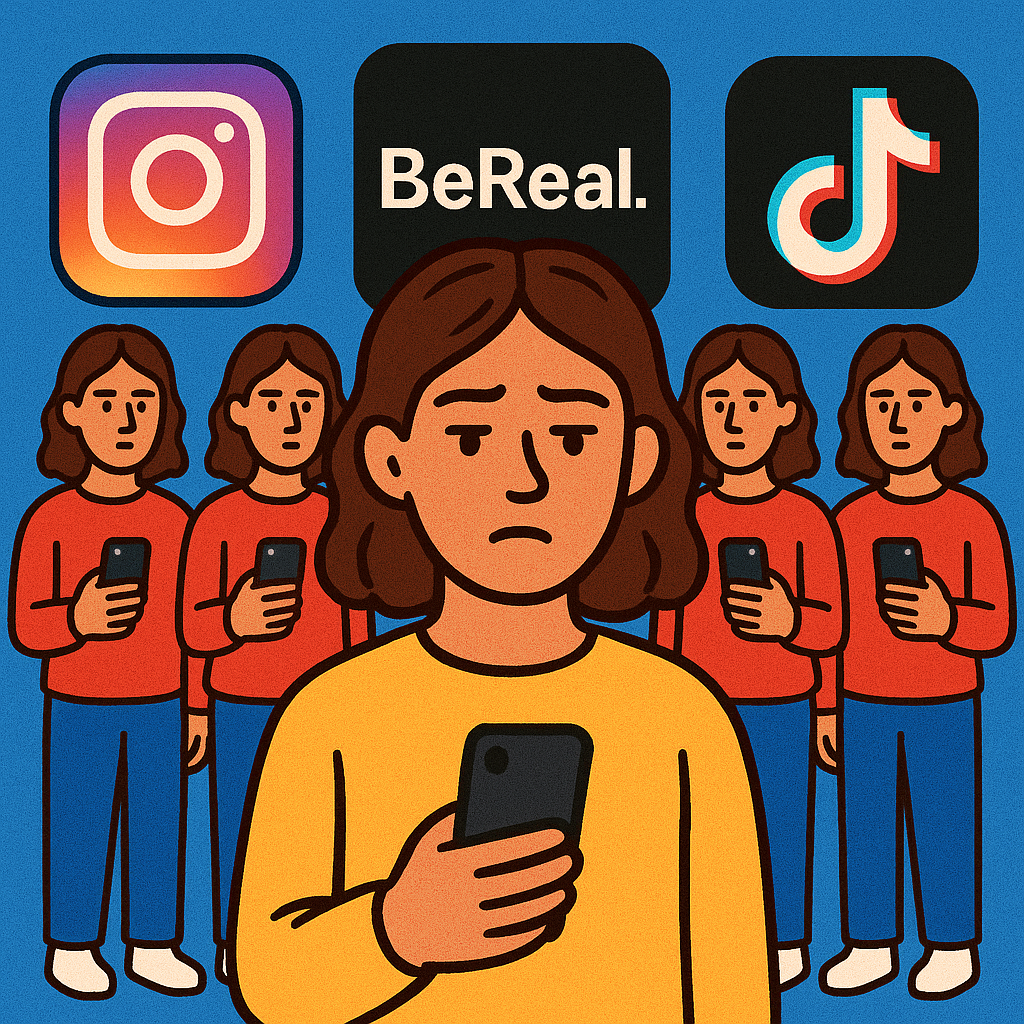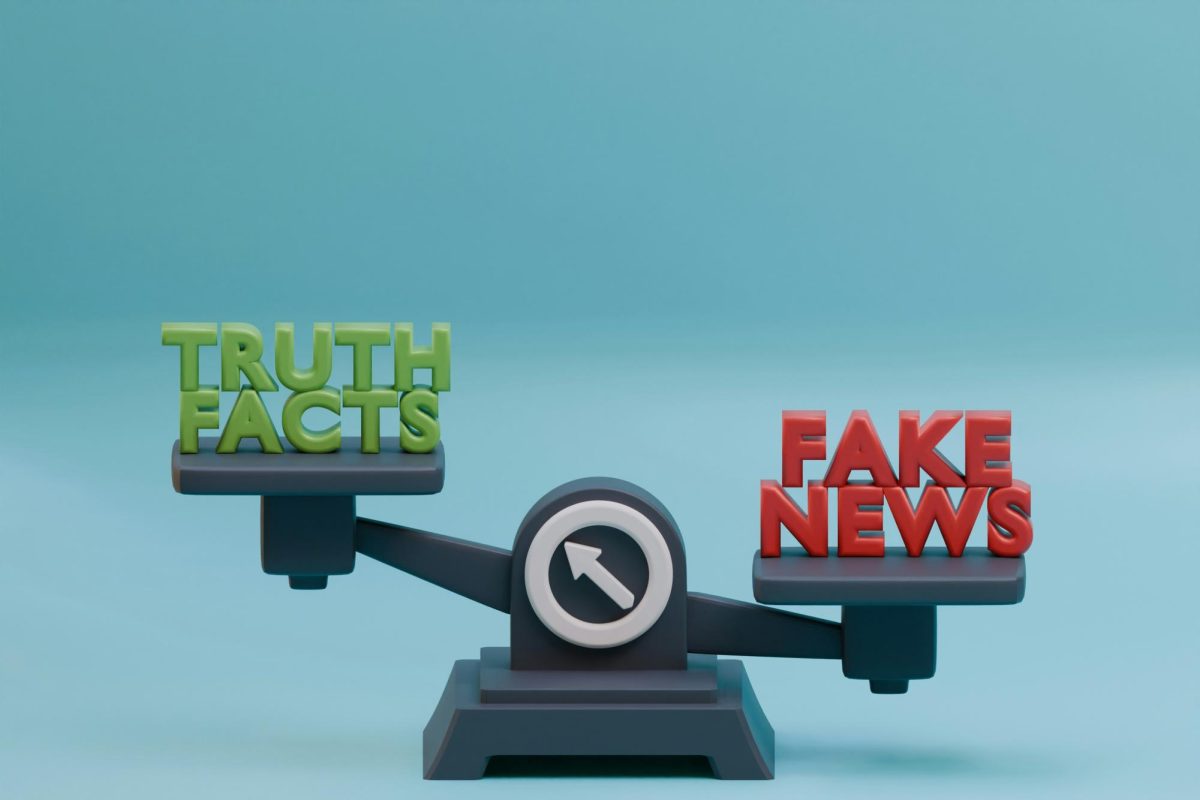Why can’t people respect that identity is not black and white? Self-identification correlates with how we feel connections with certain groups, communities, and individuals who share the same experiences. However, we still are unique individuals whose identities and commonalities change over time. So why are people so quickly rejected by communities when they may not fit the profile perfectly, and why do people try to force others to identify with something they do not? Why do bisexuals have to be “gay enough” or “straight enough” when they’re really not either? Why is the African American with white parents considered not black or white enough for either racial setting? Why is society so defined by its divisions?
The way people treat others is entirely different based on the grounds of gender, race, sexuality, class, and physical or mental ability, so people will try to shove us into categories as a way of understanding how they should act around us. Preconditioned perceptions of others even influence subconscious actions, filtered by the assumptions and judgments humans make on instinct. While considered “social issues,” many kinds of profiling affect every aspect of life and play significant roles in politics and economics. These systemic issues are so prevalent throughout society that people will even treat you differently based on what your name looks like on a job application.
One community may have different obstacles than another, but the stereotyping that arises from generalizing these experiences reinforces the divisions that create these obstacles in the first place. Societally and culturally instituted inequalities are cyclic in nature and sustain the privileged by continually solidifying social boundaries. And the idea that you must look or act a certain way to fit into a group denies the nuanced nature of identity and individuality. Instead of individuals, we become mere representatives of the groups we constitute.This is not to say solidarity within communities does not comprise significant parts of our personal identities. Many communities are composed of cultural commonalities in addition to shared hardships. Thus, we must accept the duality of community identity and personal individuality. Walt Whitman said in his poem Song of Myself, “Do I contradict myself? Very well then, I contradict myself. I am large, I contain multitudes.” We all are humans, complex and layered, who should not be dismissed or judged by surface-level assumptions and, instead, should be valued for our character and individuality. Our identities can’t be narrowed down to one thing. We are diverse not only in the ways we look or present but also in our personal values and humanity.


